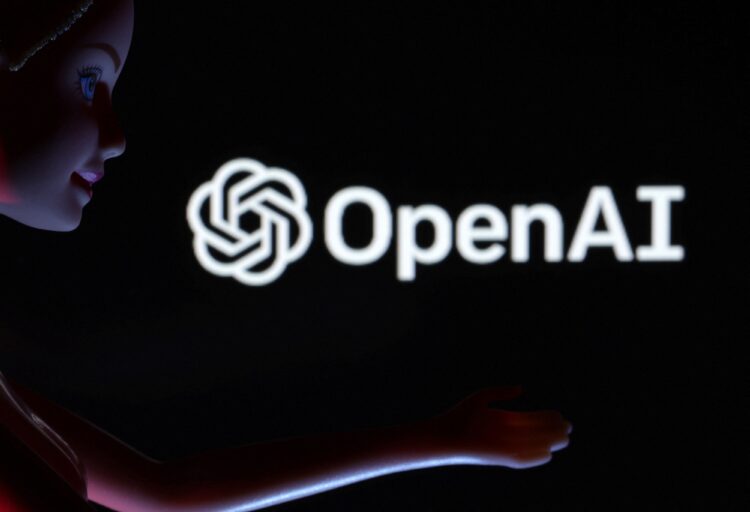OpenAI, the company behind ChatGPT, wants the United States to consider legislating licenses for companies developing powerful artificial intelligence like the kind that powers its chatbot, its CEO expects to tell Congress on Tuesday.
According to his written statement, CEO Sam Altman is slated to advocate for licensing or registration restrictions for AI with limited skills in his first appearance before a legislative panel. In this approach, the US may hold firms accountable for safety regulations, such as testing systems before to release and reporting the results.
“Regulation of AI is essential,” Altman said in the prepared remarks which were seen by Reuters.
For months, companies large and small have raced to bring increasingly dexterous AI to market, throwing endless data and billions of dollars at the challenge. Some critics fear the technology will exacerbate societal harms, among them prejudice and misinformation, while others warn AI could end humanity itself.
The White House has invited leading technology CEOs, including Altman, to discuss artificial intelligence. US politicians are also looking for ways to expand the technology’s benefits and national security while limiting its misuse. The likelihood of agreement is remote.
According to Reuters, an OpenAI staffer recently advocated the development of a U.S. licensing body for AI, which may be called the Office for AI Safety and Infrastructure Security, or OASIS.
In his written evidence, Altman did not mention OASIS, but he did argue for “a governance regime flexible enough to adapt to new technical developments” and “regularly update the appropriate safety standards.”
Licenses, according to technology experts, risk pushing out smaller businesses or losing relevance if AI grows too quickly, but they would help the US focus monitoring and defend against exploitation.
Microsoft Corporation (MSFT.O) is a supporter of OpenAI. Altman also advocates for worldwide AI collaboration and incentives for safety compliance.
According to the chairs of the Judiciary Committee’s subcommittee on Privacy, Technology, and the Law, Tuesday’s meeting is a significant step toward US supervision.
“AI is no longer fantasy or science fiction. It is real, and its consequences for both good and evil are very clear and present,” said Senator Richard Blumenthal, the subcommittee’s chair. It is important that AI does not lead to an explosion of disinformation and identity fraud, he said, and the industry should be subject to transparency and accountability.
Another witness on Tuesday will be Christina Montgomery, International Business Machines Corp (IBM.N) chief privacy and trust officer. She is expected to urge Congress to focus regulation on areas with the potential to do the greatest societal harm.









